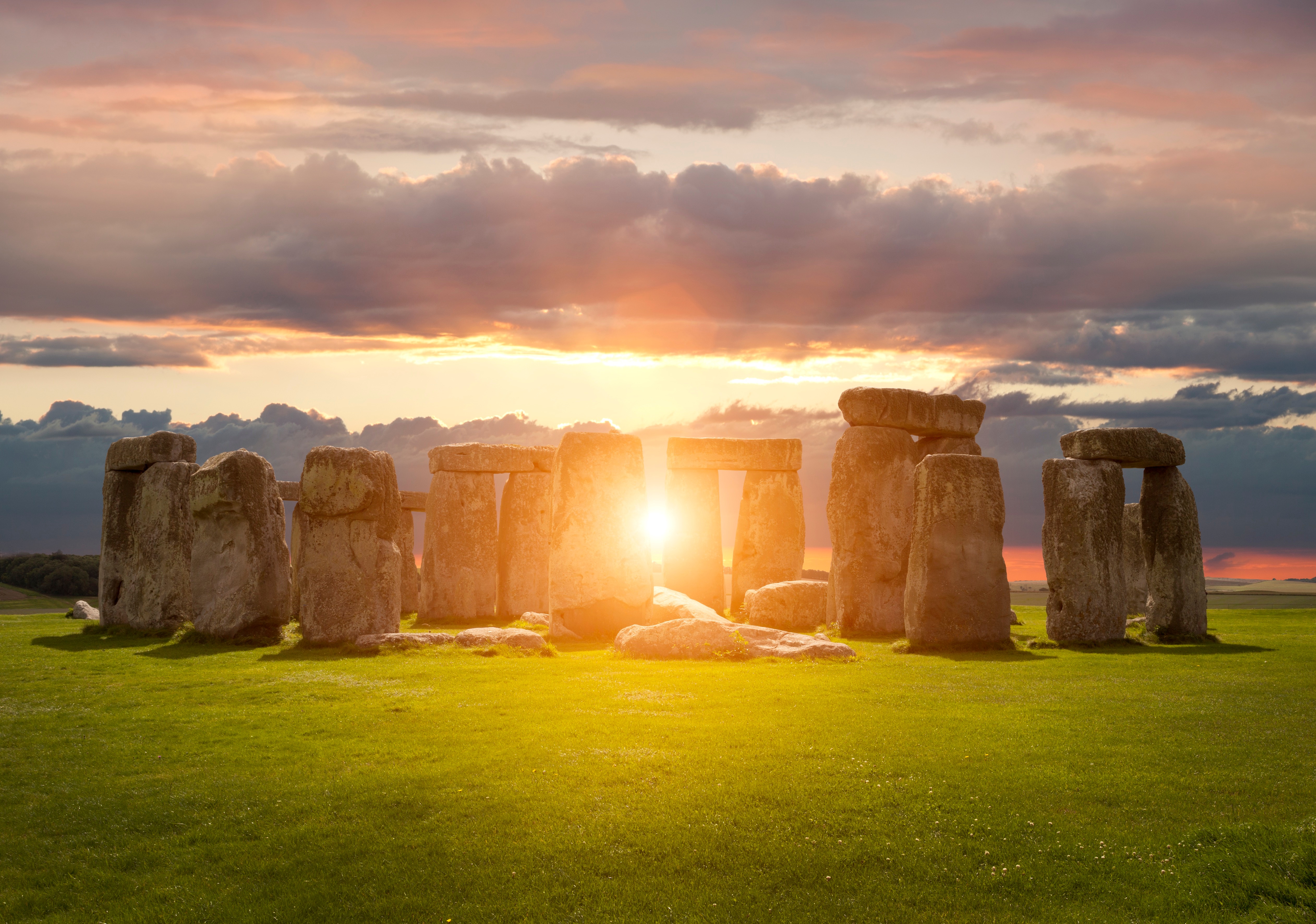
British ancestry is already a complicated affair...
It's not uncommon for people with British ancestry to also have traces (or more) of Italian, German, French, and Scandinavian ancestries.
European history can lead one to assume that this is due to:
- 1) About 400 years of Roman invasions and rule (Italian).
- 2) About 600 years of Anglo-Saxons picking up where the Romans left off (German).
- 3) William the Conqueror, who brought a Norman (French) invasion and permanently changed the relationship between Britain and France (for better and worse, depending on the time period).
- 4) Viking (Scandinavian) activity that overlapped some of the above. These are typically assumed to be raids, but Vikings didn't always show up to fight -- sometimes they just wanted to trade or even move into town.
To complicate this picture even further: The Celts, whose arrival in Britain predates all of the events mentioned above AND who were still the primary occupants of Scotland, Wales, and Ireland during all those events...
Are thought to have originated in what is now Austria! This could add even more possibility for "German" DNA test results.
Make no mistake about it: Human history in Great Britain is among the oldest and most eventful in the world.
In fact, known human history in Great Britain began about 800,000 years ago, as evidenced by human footprints in Norfolk.
That means human history in Great Britain predates the migration of Homo sapiens out of Africa, which "only" happened 50,000 to 90,000 years ago.
How is that possible??
Well, because those footprints are believed to have been left by a different species of now-extinct human: Homo antecessor. It's often forgotten that other species of human populated the world before our modern Homo sapien species of human did. There were attempted migrations out of Africa by Homo sapiens prior to the 50,000 to 90,000 year ago window, but none were successful enough to leave a lasting impression on our collective modern human gene pool.
Back to Britain and the 2 New Studies...
First, a paper published in Nature titled "Large-Scale Migration into Britain during the Middle to Late Bronze Age."
In this study, a team of archaeologists and geneticists examined the DNA of 793 ancient remains from the British Isles and Western Europe.
While analyzing these DNA samples, scientists noticed a major shift in the genome of ancient British people...
There was a clear pattern of change among Y-Chromosome lineages in particular that's believed to be the result of a rapid "replacement" in population roughly 3,000 years ago.
This rapid "replacement" in population can likely be attributed to the arrival of the Celts, as it coincides with the transition from the Bronze Age to the Iron Age in Britain.
Historians have known about such a change in culture, due to archaeological evidence, but now there is genetic evidence to back it up.
Who was in Britain before the Celts?
- 1) Ice Age hunter-gatherers, like Cheddar Man (11,000 to 12,000 years ago).
- 2) Neolithic farmers who migrated out of the Mediterranean and "Fertile Crescent" regions (6,000ish years ago).
- 3) The Beaker People, helped transition Great Britain from the Stone Age to the Bronze Age (4,000 to 5,000 years ago).
Unfortunately, each one of these migrations is believed to have resulted in a rapid population "replacement."
Believe it or not, these ancient "replacements" have less to do with violent conquests and more to do with new populations introducing new diseases to people who were previously isolated from them and therefore lacked immunity.
And despite these "replacements," traces of DNA from these ancient people can still be found in many British people today.
Now, I promised TWO studies, so let's get to the second one...
The second paper, also published in Nature, is titled "The Anglo-Saxon migration and the formation of the early English gene pool."
This one also examined the DNA of hundreds of long-gone individuals, but from more recent British history.
Similar to the previous study, this found genetic substantiation for some of the historical events known to have happened in the area. In this case, scientists found "a substantial increase" in ancestry from places like Denmark and Germany. This is due to the Anglo-Saxon invasions that followed the departure of Romans.
The actual paper dives into far greater detail and may be worth a read, if learning about these things interests you.
Believe it or not, you may share some DNA with many of the ancient individuals referenced in this blog post.